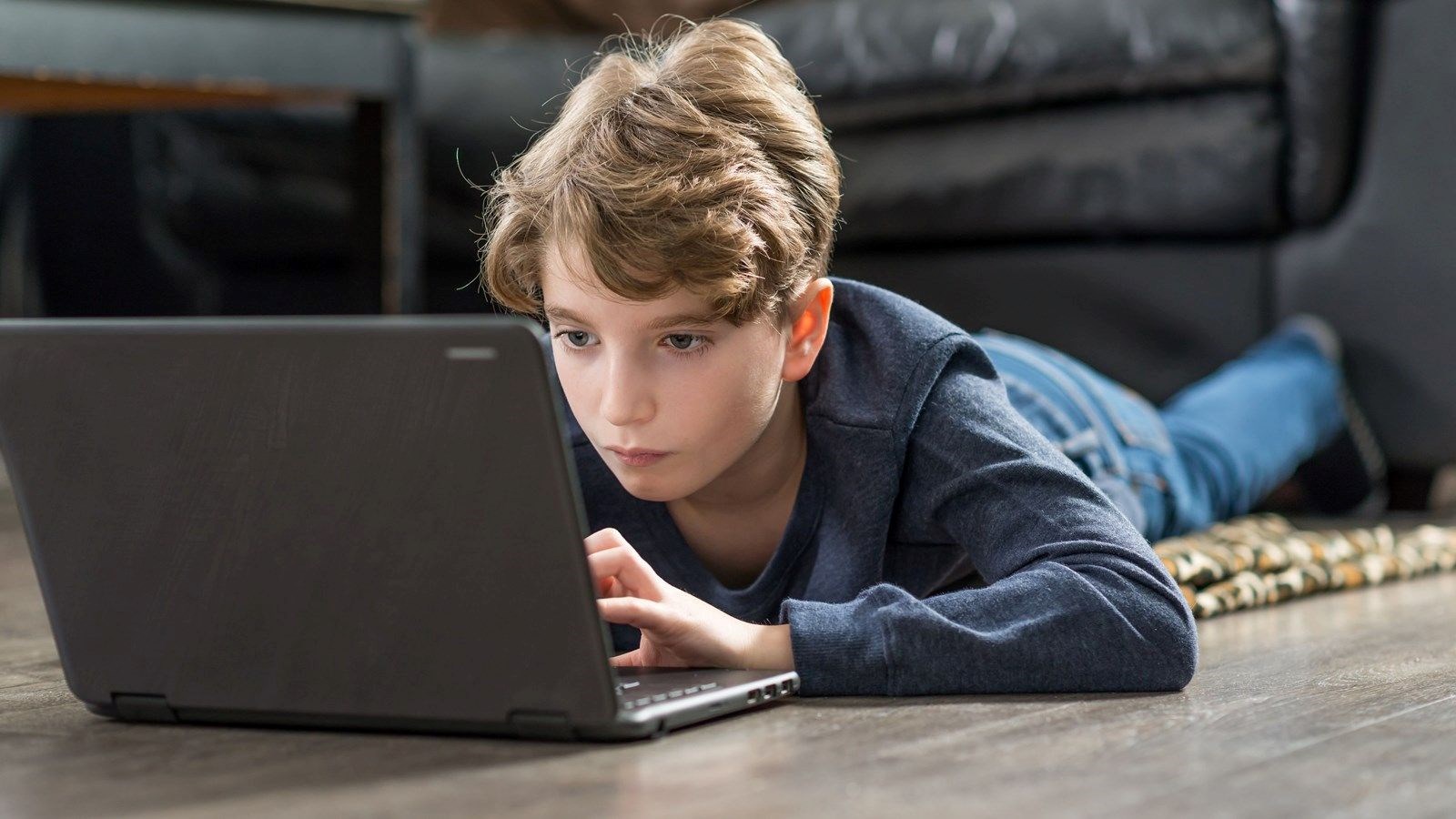B.C. government hosting erase online safety information sessions for families in November
 Image via iStock
Image via iStock
The Ministry of Education and Child Care is hosting three online workshops for families this November, focused on establishing safe, caring and respectful digital communities among children and youth.
Geared toward youth aged 10 and up, the information sessions are recommended for students, parents, grandparents and caregivers as a way to facilitate conversations about safe and caring use of technology at home and in the community. The sessions are put on by erase, a provincial initiative that stands for “expect respect & a safe education,” and offer resources to support youth around online safety, mental health and well-being, bullying, racism, school safety, SOGI, substance use and gender-based violence.
The sessions explore how to be a good digital citizen, the criminal consequences of cyberbullying, and how to report and receive support in cases of sexting and sextortion, as well as discussions on social media, smartphones and artificial intelligence. The workshops are on the following days and times:
- Wednesday, Nov. 8, 6:30-7:30 p.m. (register here)
- Tuesday, Nov. 28, 7-8 p.m. (register here)
- Thursday, Nov. 30, 6:30-7:30 p.m. (register here)
In addition to erase, the district’s Safe School’s department supports students and families in a variety of ways, including the PSST (Protecting Surrey Schools Together) website – offering similar resources and anonymous reporting of bullying to the district and Surrey RCMP – as well as through parent presentations regarding online safety and digital citizenship in various school communities.
Jaclyn Blaney, acting manager of Safe Schools, said it’s important for parents to talk to their kids about social media and technology as soon as possible, whether they just got their first phone or their friends are just starting to hang out online.
“Once you give your students access to technology, it’s a great time to really make sure that we, as parents, are up to speed on best practices for conversations and how to create open dialogues in the home,” she said. “Even just introductory conversations or check-ins with your children about anything that’s been brought up by other students is always going to be beneficial.”
Blaney said it’s important for parents to monitor their child’s access to technology and social media, and that youth are not entitled to privacy online when it comes to parental supervision of what they do on the internet.
“How you monitor your child’s access to online devices is not exactly the same for another family, so from the time that they go into school, there are going to be themes or discussions with other students who maybe do have more exposure to social platforms and access to technology,” she said.
PACs interested in having someone from Safe Schools talk to students about online safety may contact their school administrator to schedule an in-school presentation.

